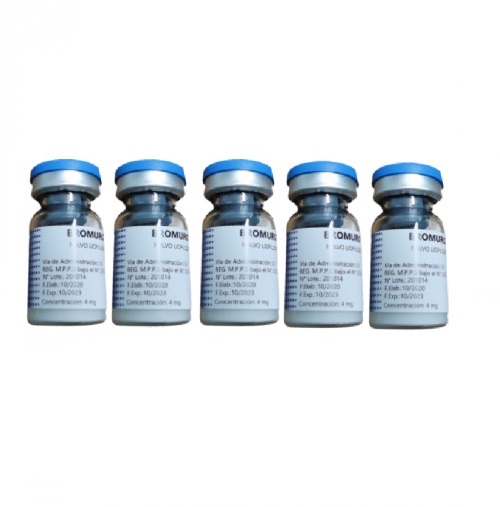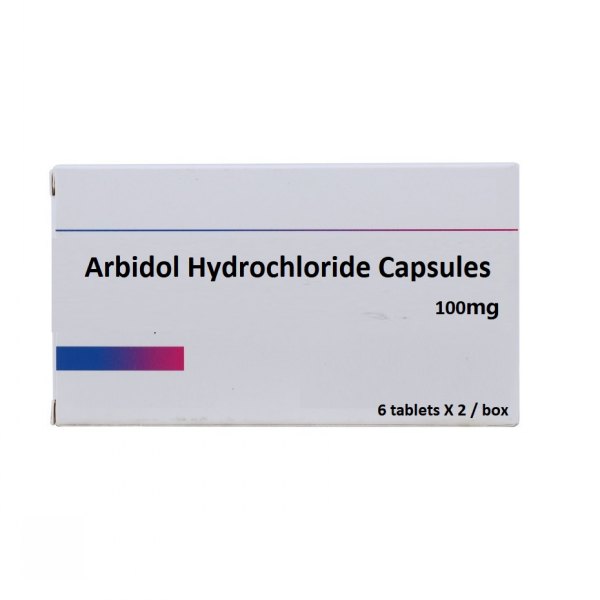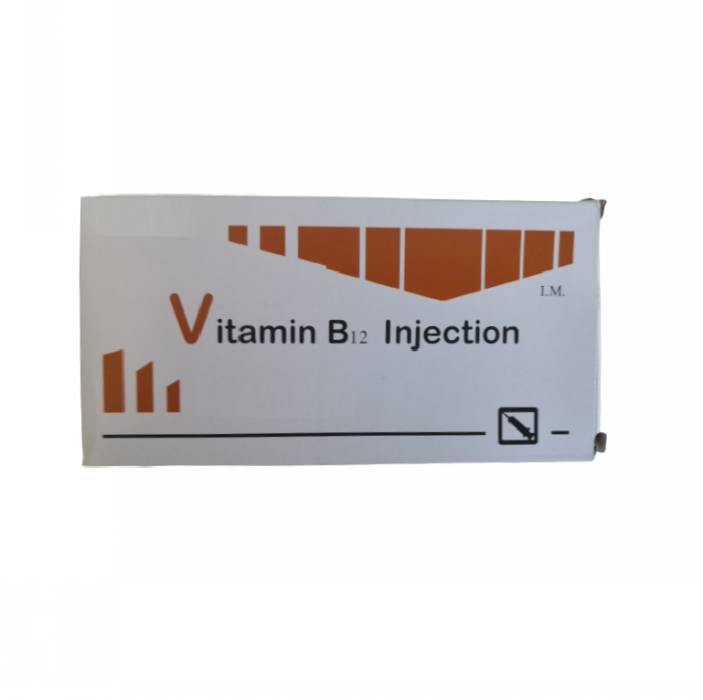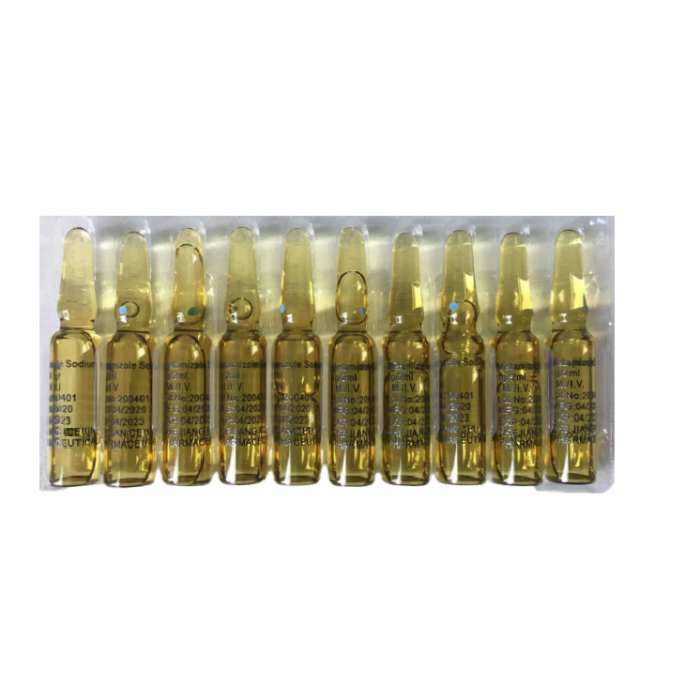Many drugs interacts with alcohol which might increase the risk of adverse drug reactions, bring severe toxic reactions, and even lead to death.
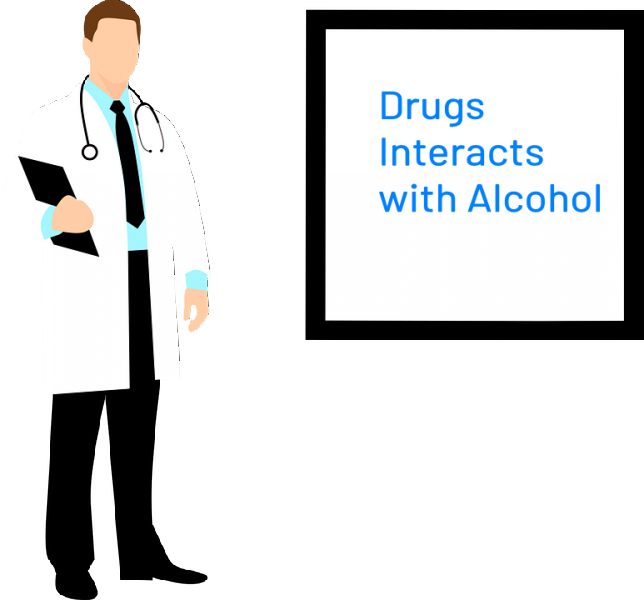
Mechanisms of interaction between alcohol and drugs
- Alcohol inhibits the metabolism of drugs by competing for the same metabolic enzymes as drugs, which might increase the effects and adverse reactions.
- Long-term alcohol intake affects the curative effect of drugs by stimulating certain metabolic enzymes.
- Long-term alcohol intake might turn drugs into harmful substances, causing damage to body tissues and organs.
- Alcohol can increase the central inhibitory effect of drugs such as central inhibitors.
List of Common Types of Drugs that Interacts with Alcohol
- Antibiotics
Risk of disulfuram-like reaction increases while using cephalosporins, such as ceftriaxone sodium for injection after drinking. Symptoms include facial flushing, conjunctival congestion, blurred vision, severe pulsation of blood vessels in the head and neck, dizziness and nausea.The side effects might cause myocardial infarction, acute heart failure, dyspnea, shock and even lead to death.
Nitidazole drugs, such as metronidazole, tinidazole, will have similar adverse reactions while use with alcohol.
- Anesthetics
Drinkers need a higher dose of anesthetics to achieve the same effect as nondrinders. Dosage increase will increase adverse reactions and the risk of surgery. For example, increasing dosage of halothane might cause liver damage.
- Non-steroidal anti-inflammatory drugs(NSAIDs)
NSAIDs such as aspirin and diclofenacsodium have gastrointestinal side effects such as gastrointestinal bleeding.
Drinking during medication can aggravate the adverse reactions of these drugs, leading to serious consequences such as massive alimentary tract bleeding.
- Anticoagulant drugs
Anticoagulant drugs such as warfarin delays blood coagulation, and alcohol can enhance the effect of warfarin and increase the risk of bleeding. Warfarin acts a weaker blood coagulation effect on chronic alcoholics.
- Antihypertensive drugs
Alcohol increases the antihypertensive effect of drugs by dilating blood vessels. Taking antihypertensive drugs after drinking increases the risk of hypotension, and might cause sudden death even.
- Antineoplastic drug
Alcohol may affect antineoplastic drug’s efficacy, lower the treatment’s effectiveness. What’s more, most chemotherapy drugs are with liver toxicity and cause gastrointestinal reactions such as vomiting and nausea. Alcohol has a negative effect on these adverse reactions.
- Others
According to the research, alcohol may interact with other drugs such as antipsychotic drugs(chlorpromazine and diazepam), hypoglycemic drugs, antihistamines, antiepileptic drugs. The most safe way is to avoid drinking during medication.


